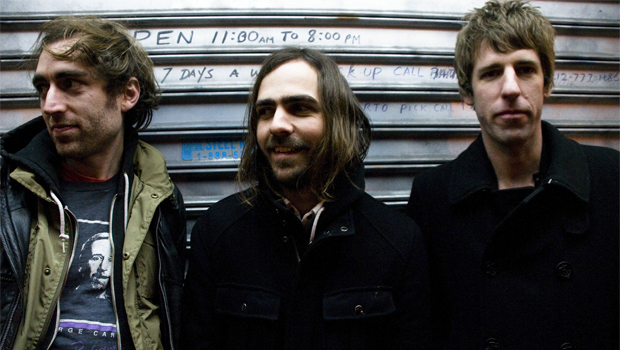
Aside from the battle over the maximized compression on many modern albums, there's a different kind of "loudness war" raging. And New York's A Place To Bury Strangers are winning.
On their latest effort, Worship, the band once again launch a full-on assault on your ear drums from the first track, kicking things off with "Alone," a track that sounds something like Nine Inch Nails masquerading as a shoegaze band.
"You just kind of want to let people know right from the get-go that this is not a pop record," vocalist/guitarist Oliver Ackermann says with a smile, "and that we're pumped-up rock and roll musicians."
The music on Worship is all at once ominous and rapturous. Melodies fight to be heard over washes of noise as decibel limits are approached, surpassed and mocked along the way.
And more than perhaps any other band, A Place To Bury Strangers immerse themselves in their craft, tackling everything from the construction of their amps and effect pedals to writing, recording, mixing and mastering their own music. The result is an album that can feel frustrating, jubilant, jarring or comforting — sometimes all within the same song.
"We just completely saturated ourselves with music this time," Ackermann said, "and you kind of have those moments of depression and joy while you're writing music."
Right after their set at the first-ever Orion Music + More festival, I caught up with Ackermann and new bassist Dion Lunadon to talk Worship, DIY effect pedals and the finer points of scaring your listeners.
All the latest guitar news, interviews, lessons, reviews, deals and more, direct to your inbox!
GUITAR WORLD: How did you feel when you were asked to be a part of the Orion festival?
OLIVER ACKERMANN: Blown away. How friggin' cool to be picked by Metallica to play a show. I couldn't believe it. We were psyched. We made sure we weren't playing any other shows so we could come to this.
What was your reaction to the eclectic lineup? Was it surprising at all?
DION LUNADON: It's really cool. And you'd hope by now, you know, Metallica are an older band, that they'd like all sorts of music. So why not share a diverse bill like this?
OLIVER: I think it's such a good selection of bands, too. It's really cool and makes you think they must have great taste. Other than they picked us.
[laughter]
There was a bit of skepticism when the festival was announced. It was called a "European-style festival," because the stigma is American music fans aren't as diverse in their tastes. Do you think that's a bit of an unfair judgement to American music fans?
DION: It does feel like a European festival in the way everyone seems kind of looked after.
OLIVER: I think that's cool. People's tastes are pretty diverse in this day and age and it's good to have a festival that reflects that. I think some festivals are a little too geared toward one thing, and I think that makes people's view of music that much narrower.
As far as your live setups today, what did you bring with you to Orion?
OLIVER: We brought three amps that we built ourselves. We brought a bunch of pedals that we built ourselves. A bunch of guitars that we've glued together, because we smash them all the time. There's one on its third neck ...
We brought some sunglasses that broke. Sunscreen. We did not bring an iPad or a laptop.
DION: I did not bring a German translator. Or a didgeridoo.
So you guys have a new album, Worship, as well. When did the songwriting process for it begin?
DION: It started in maybe September of 2010. We finished it February of 2012. We released the [Onwards To The Wall] EP in between there, too, which was part of that whole process. I kind of joined the band toward the end of the second album cycle, so we spent some time playing shows and finishing up some touring and then went straight into writing.
OLIVER: This record's really like a collaboration of me and Dion getting together and pretty much every single day and writing a lot of songs. We didn't really have any plan for the record, we just kind of let what happened happen.
I think it's the best, most stream-of-conscious album we've ever done, where it was just straight from the heart. We had a really good time recording it, we built a lot of stuff, we put ourselves in dangerous situations to make this all happen. We kept things fun and exciting. We recorded, produced, mixed and mastered it ourselves, and it came out just the way we wanted.
The sequencing on albums is so important, and once again you guys start off with a bang before leaving a bit of a lull in the middle, especially on a track like "Dissolved." You know, it reminds me of "Sunbeam" a bit ...
DION: I've heard someone say that before, actually.
How do you approach making sure an album is sequenced to give the listener the maximum experience?
DION: When we first started sequencing it, it was a totally different order. And I think we got to a point where there was just no other way we could sequence it. Those songs had to be in that order. I took a while to figure out that little puzzle, but I think it worked out.
OLIVER: I like records that start off really hardcore and crazy, too, and maybe that's something I always lean toward. You just kind of want to let people know right from the get-go that this is not a pop record, and that we're pumped up rock and roll musicians, and this is what you get.
Dion, you're the new guy in the band. You come from more of a garage-rock background. What did that allow you to bring to the band?
DION: I tried not to change things too much, and always make sure to step back and learn from the master here. Oliver's really the only constant in A Place to Bury Strangers.
I felt like I had a lot to learn, which was cool. And when I felt like I had something to add or to say, I would do it. I think Oliver listened to that, and hopefully you both learn something and both push it in the same direction.
OLIVER: It's refreshing to have someone to write with who's really excited about the material and really into hard rock. I think it got the energy level really high on a lot of this stuff. It kept it really exciting.
Dion's also just a really great musician, so it was good to be working with people who would constantly push the envelope of what we were doing musically.
And you definitely push things hard for much of the album. But there are also some moodier, more plaintive tracks like "Slide" and "And I'm Up." Where do those come from?
OLIVER: I think it's just maybe because life is so damn depressing and dark, and sometimes you have to reflect upon that.
DION: It can be. I hope to think I'm generally an optimist. I'm a happy guy. But I think with this band we often take from the other side of life, which isn't like that. And everyone sort of has that in their life. It just goes into the music, it goes into what we want to do. We want to write stuff that's like evil, that scares people.
A track like "Fear" would be a great example of that, with those grating, sandpaper-sounding guitar parts. You have a very DIY approach to your gear. Tell me about about that.
OLIVER: I run this effects pedal company called Death By Audio, so we're always coming up with a lot of different stuff and always experimenting. You just kind of start to fall in love with sounds you've never heard before. It's constantly trying to see what you can turn into something beyond what maybe are used to.
Even in the way we master and record, we'll do things you're not supposed to do in a studio, or other people would suggest against. That's why we do it ourselves, so we're not fighting some engineer in a studio somewhere. We can do what we want. We can record stuff that's above the zero decibel limit on CDs and master it like that. The computer says "error," and we'll go with it.
It's kind of cool to see what those things are venture into an area where maybe you're not supposed to go.
Dion, coming from a different musical background, did you rig change pretty drastically when you joined the band?
DION: Oh yeah, it's totally different. I used to use a lot of vintage equipment. I tried to avoid pedals as much as possible. I avoided reverb, even, because I liked stuff to sound dry. Which is cool for what I was doing, but it's not what this band is. It's a whole other world that I've stepped into. It's opened my eyes to a lot of stuff.
What's your pedalboard looking like these days?
OLIVER: He's got the biggest pedalboard of anybody. [Laughs]DION: It's pretty much all custom stuff. A couple of fuzzes that Oliver made. One that he made specifically for me after our first tour. The Wizard Base. A one-off pedal. OLIVER: A delay.DION: A filter.OLIVER: He uses the same filter that I built for Trent Reznor. I designed this filter for him, and I built one other one and Dion's using it.And Oliver, your pedalboard?OLIVER: I use different fuzz and filters, noisemakers and stuff. All stuff that I built except for a tuner. I try to keep it that way because it's kind of cool to limit yourself and use only the stuff that you created.For pushing decibel limits so far on CD, there is a very healthy sense of dynamics on this record.OLIVER: You just have to listen and see what demands those sorts of things. I think something doesn't even sound loud without being next to something soft.I credit a lot of that stuff to filmmakers that I like. Like when you see a horror movie and there's something almost funny, you almost let your guard down and then they can punch you in the face with something scary. It sort of follows those kinds of things, be it movies, artwork or books.If it's non-stop from the get-go, you get kind of numb to it.You mention movies and books. What are the different influences that informed the writing of this album?OLIVER: We tried to go blank and not let anything influence it but the music. We did this thing where we wrote a song every single day for about a month and a half and that kind of cleanse the palate and not think of anything else. We were just in the studio, me and [Dion], every single day for a few months and let this music form itself.That's what's really cool about this record. It's different than anything that I've done before. Because you can even be trying to do something, and it won't work out, but it can still branch this idea into something else in your frustration. There's a lot of that.How much material from those sessions ended up on the finished product?OLIVER: About half maybe ...DION: Yeah, we wrote about 30 or 35 pieces. We used five of them for the EP and the remaining 11 for the album. OLIVER: We even wrote songs after the fact. We wrote a lot after that period. It was a mix of all those things. You just kind of see what makes the most sense for what you're doing.When it comes time to record, are the songs generally fully formed or is there a lot of writing being done in the studio?OLIVER: We always write during the recording process. I always do that because we record ourselves, and a big part of our records is the actual process of recording the record. It's not so much capturing some songs that we've written, but re-writing the songs right up until the moment the record's done.DION: We mix them too at the same time. We master them at the same time. It's all one process that snowballs until we have the finished product.What does the rest of 2012 hold for the band?OLIVER: Lots of shows on the road all over. DION: We've got a tour of Brazil in a couple of weeks and then we come back to do some East Coast shows. Then we go to Europe for six weeks and then maybe another U.S. tour before the end of the year.A Place To Bury Strangers' new album, Worship, is out now on Dead Oceans. Pick it up on iTunes here.
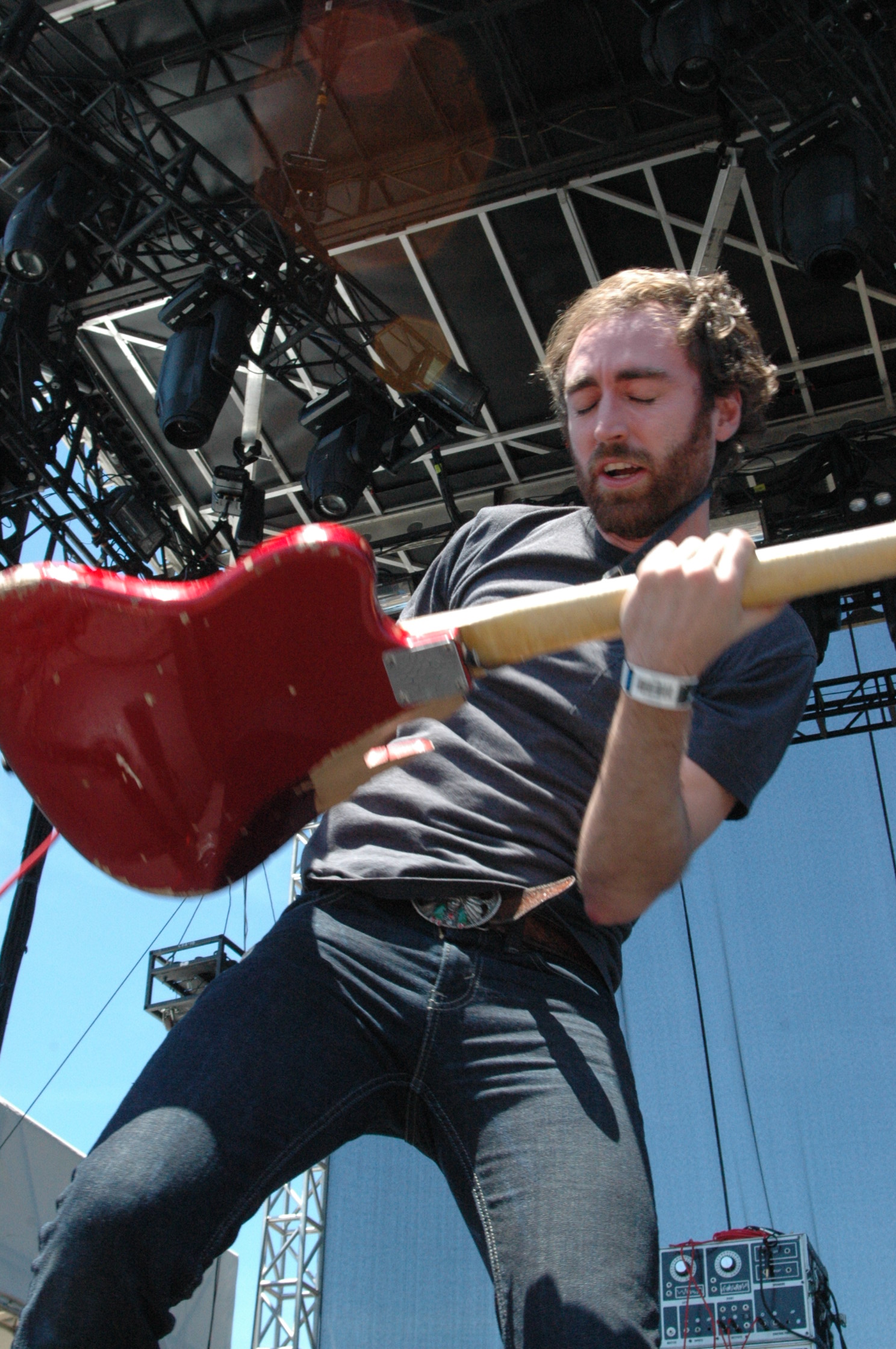
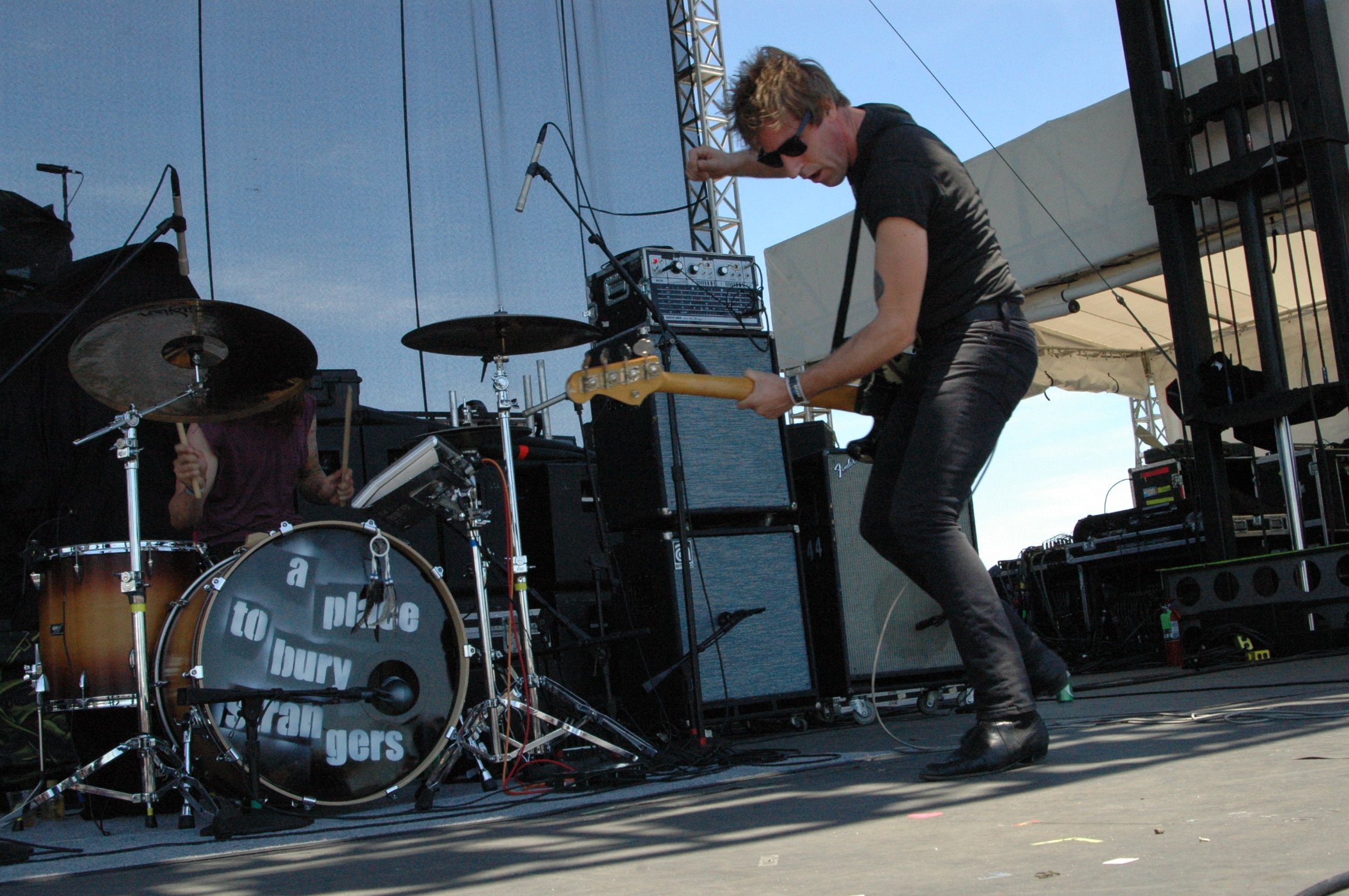
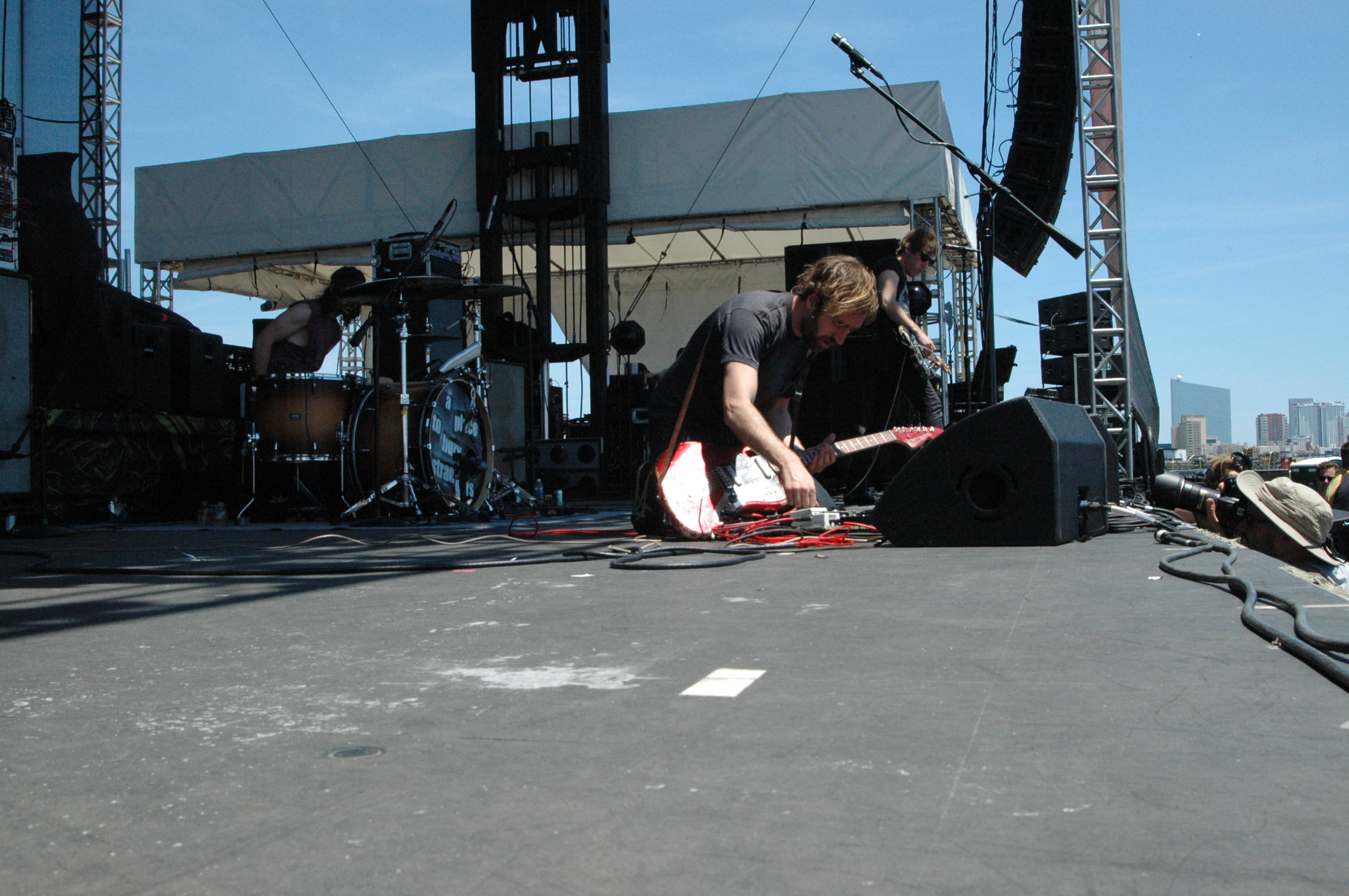
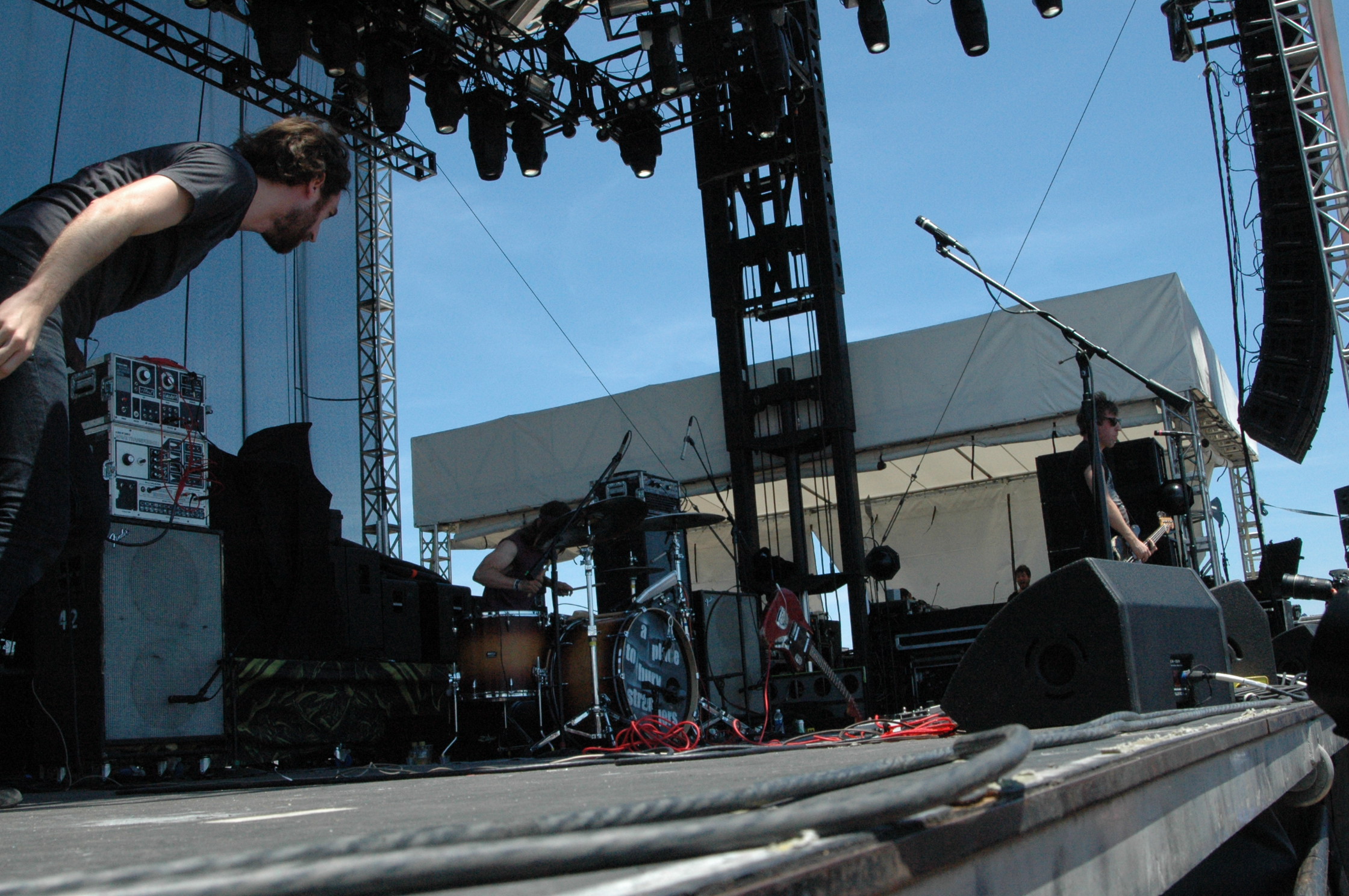
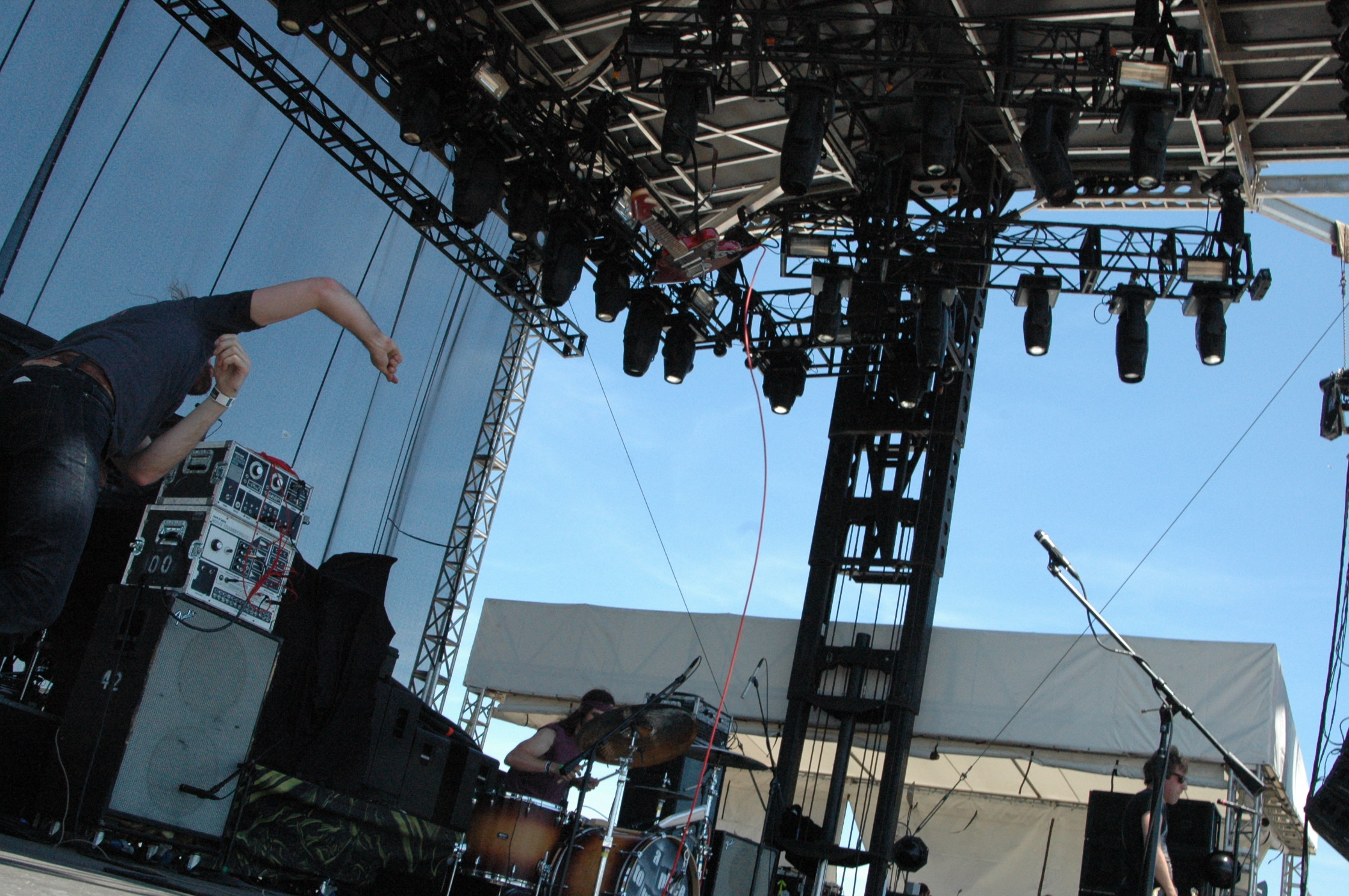
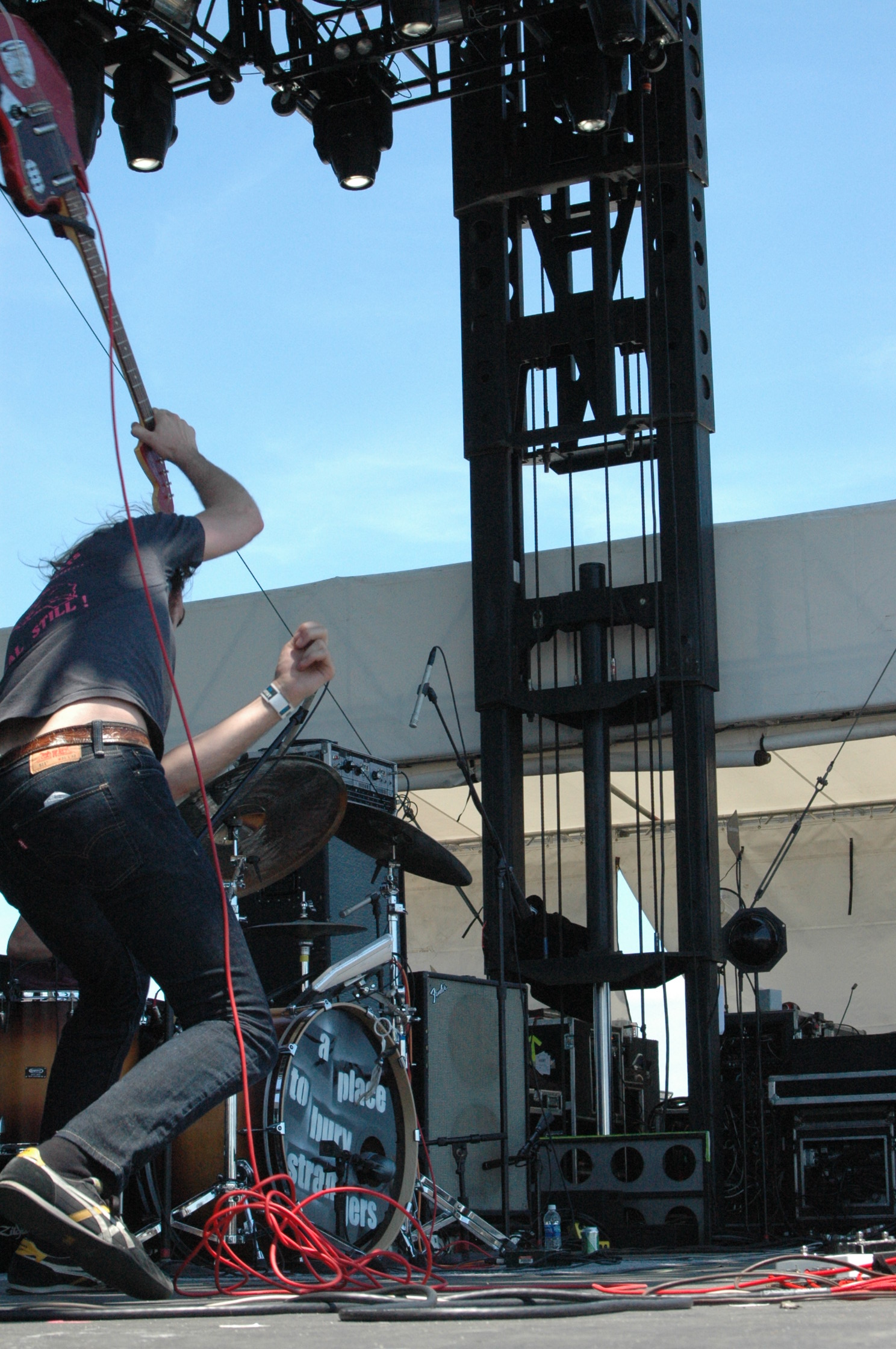
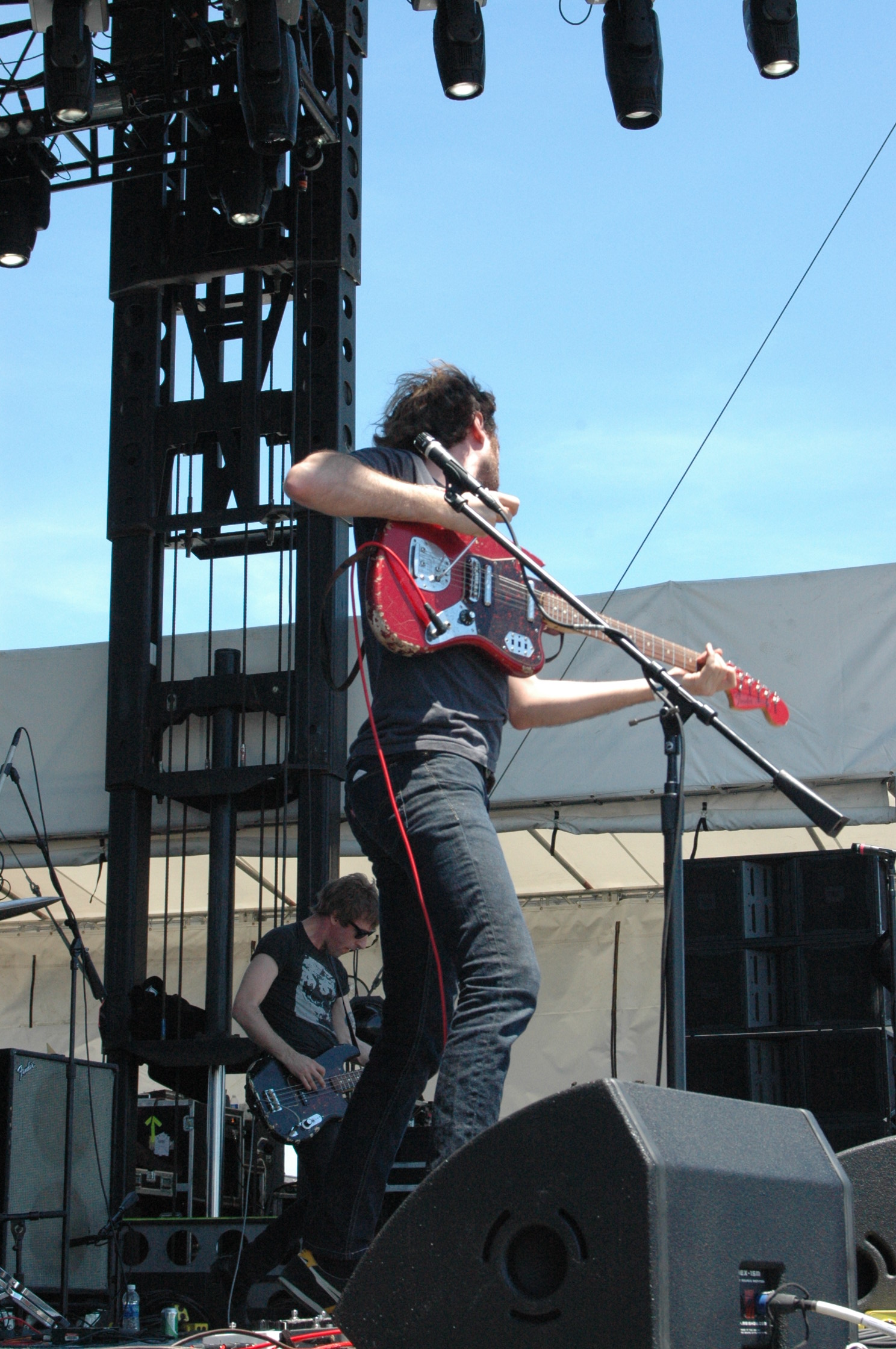
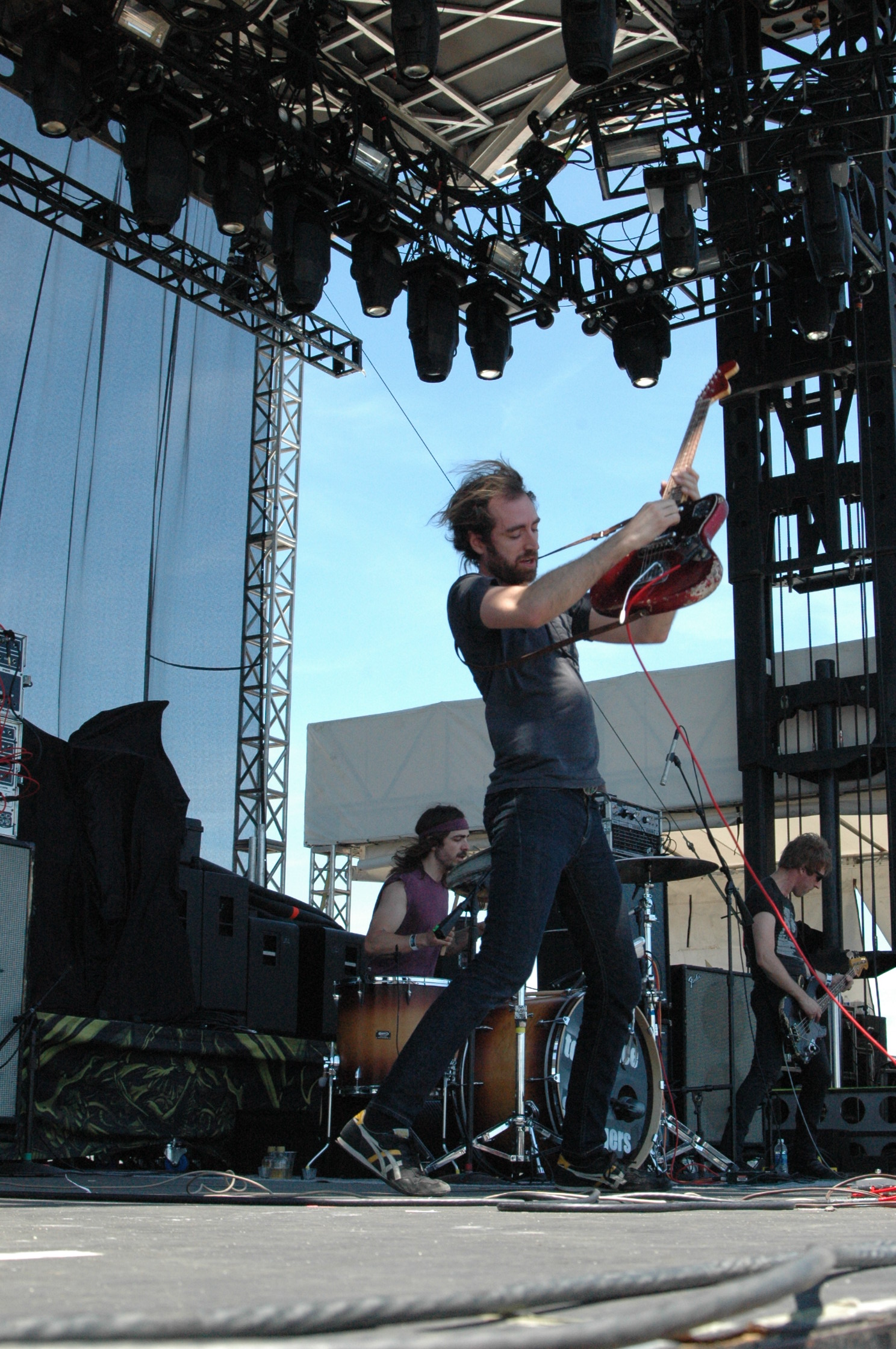
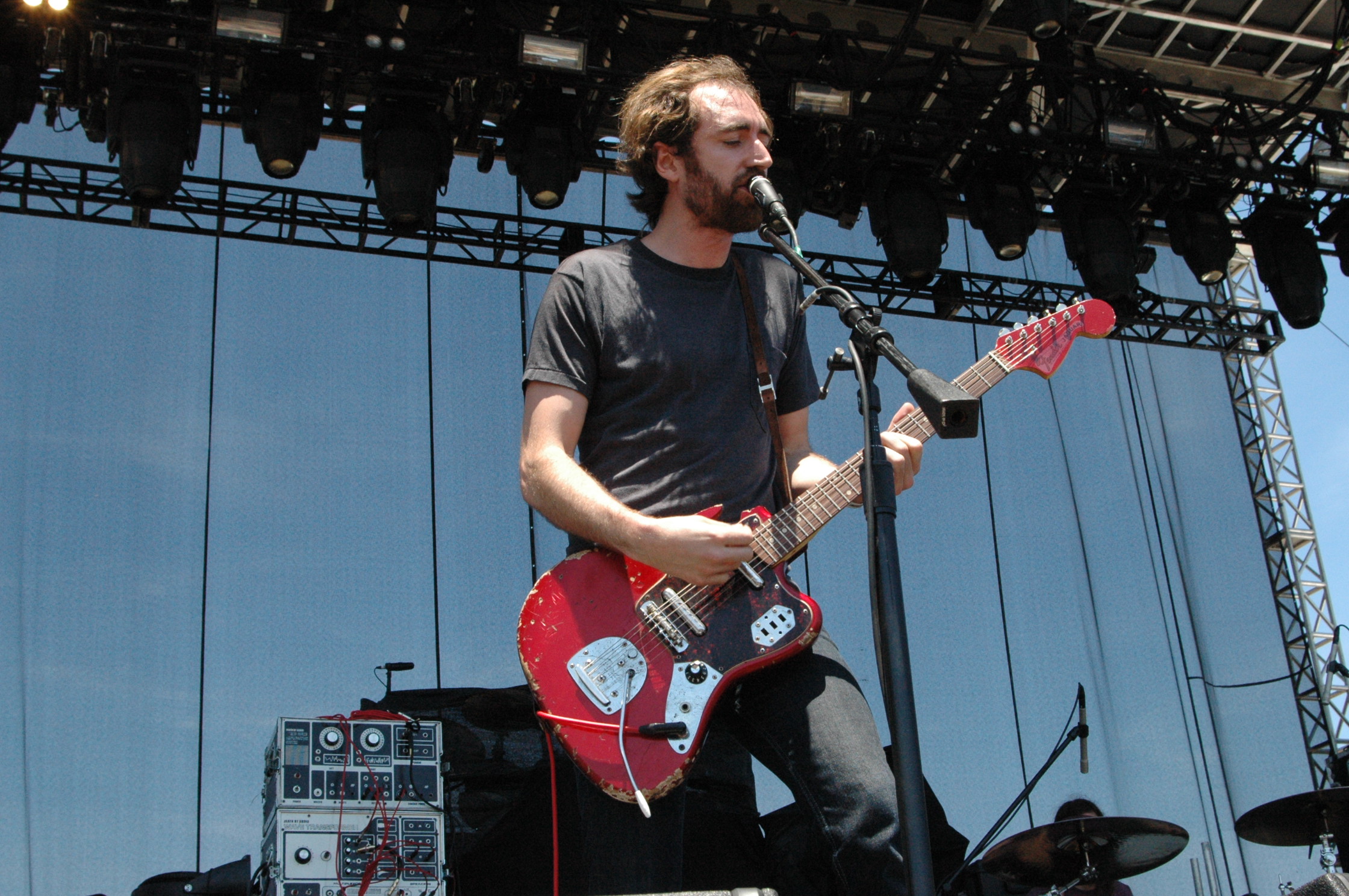
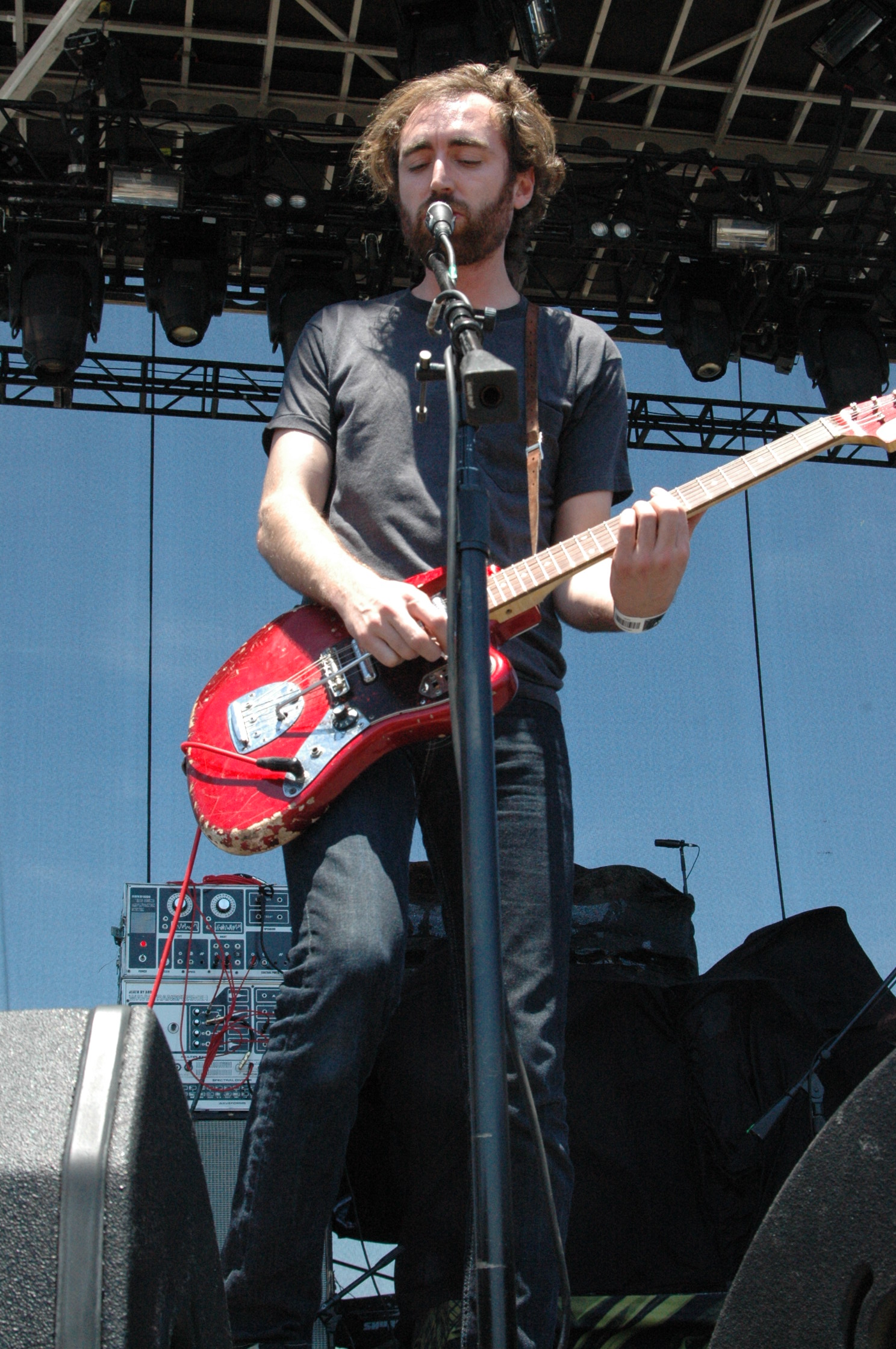
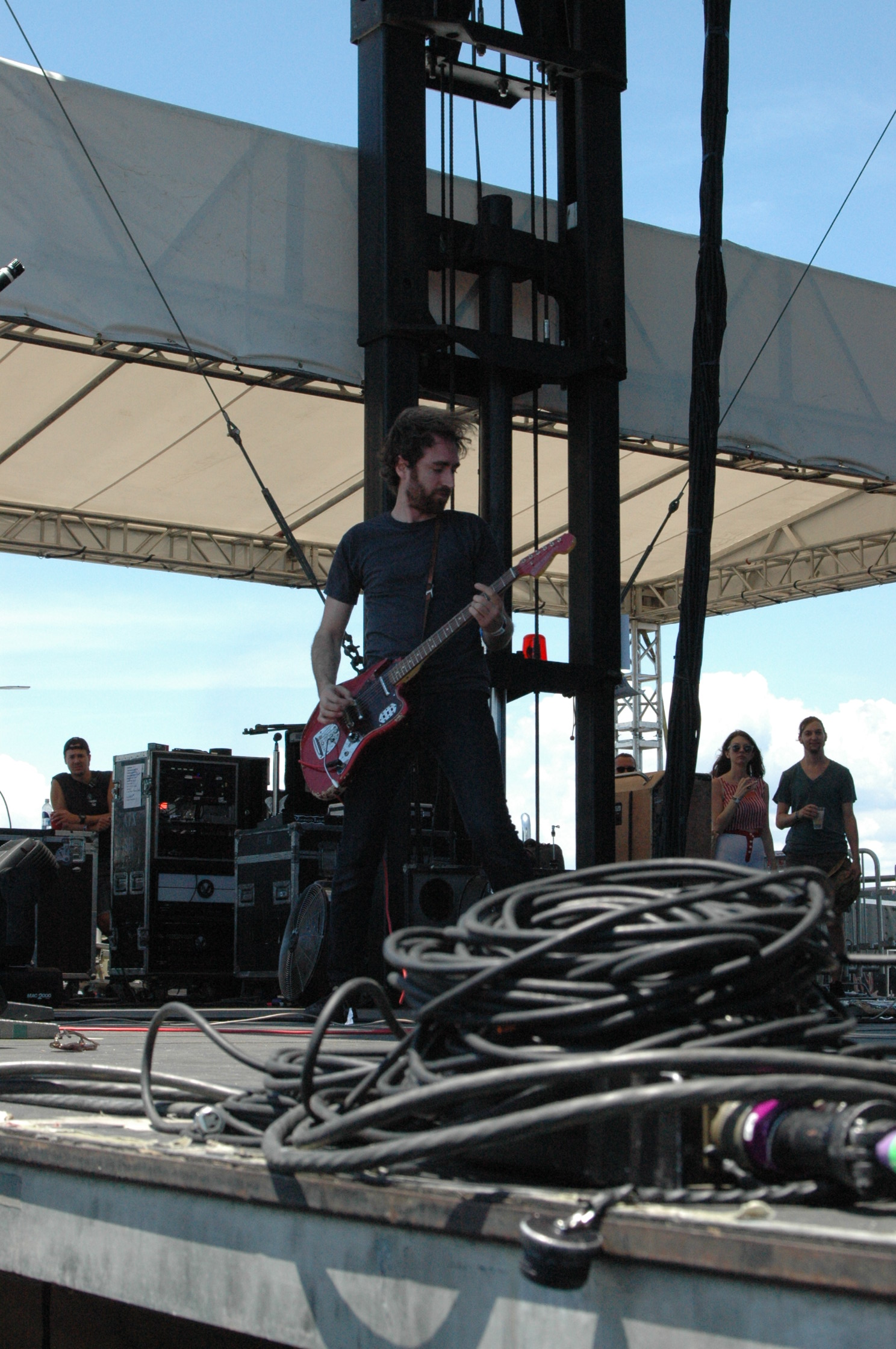
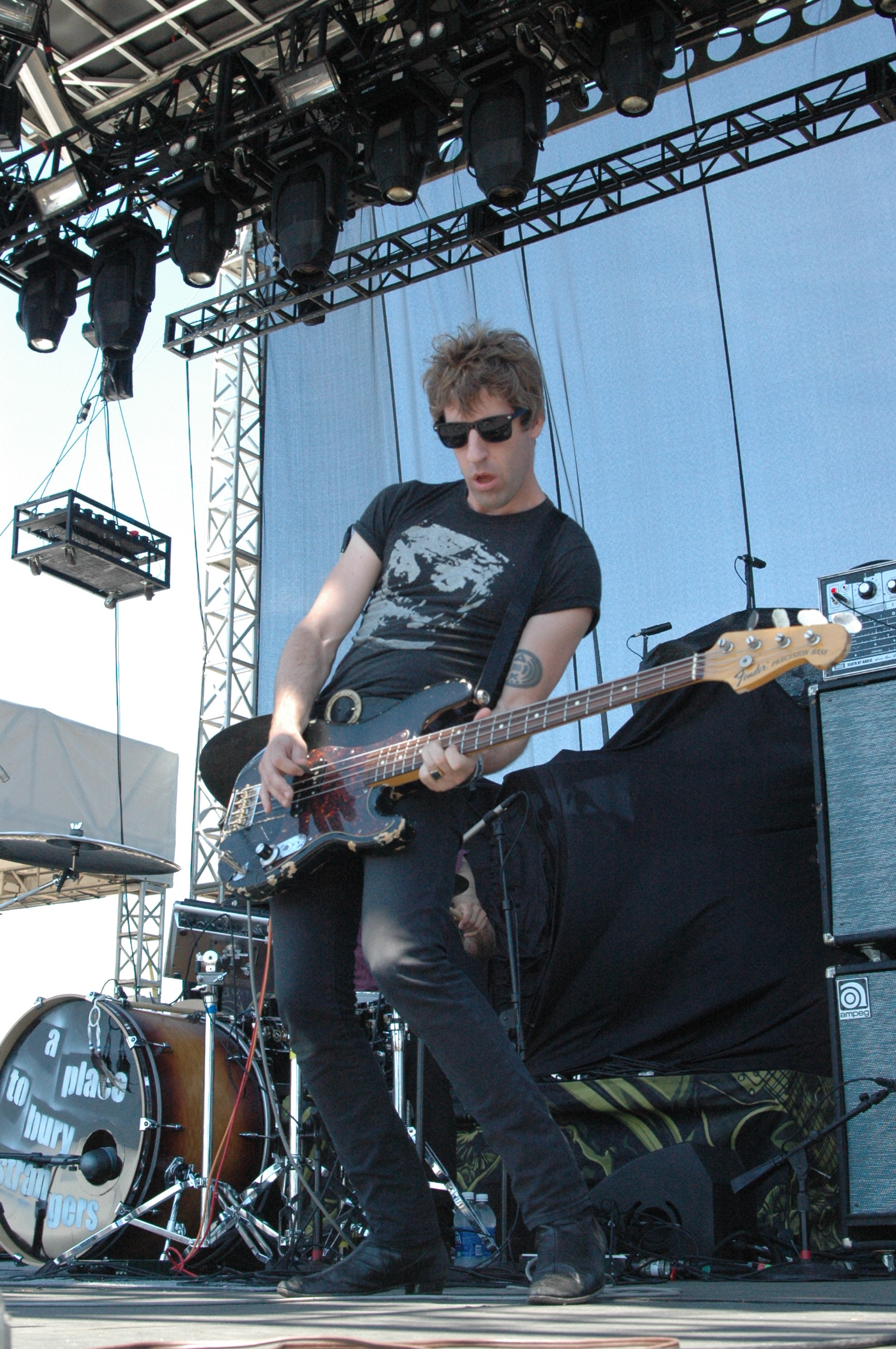
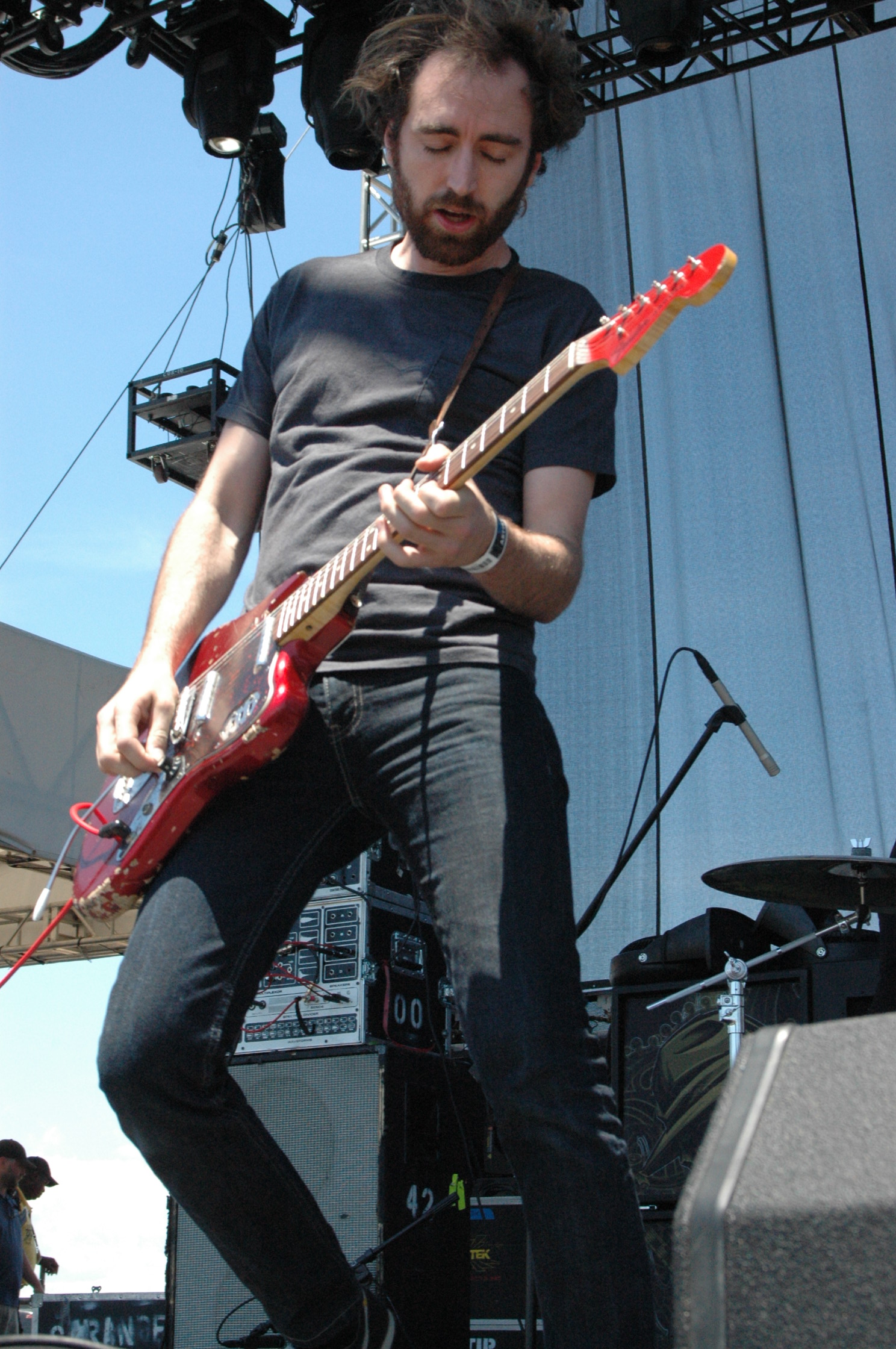
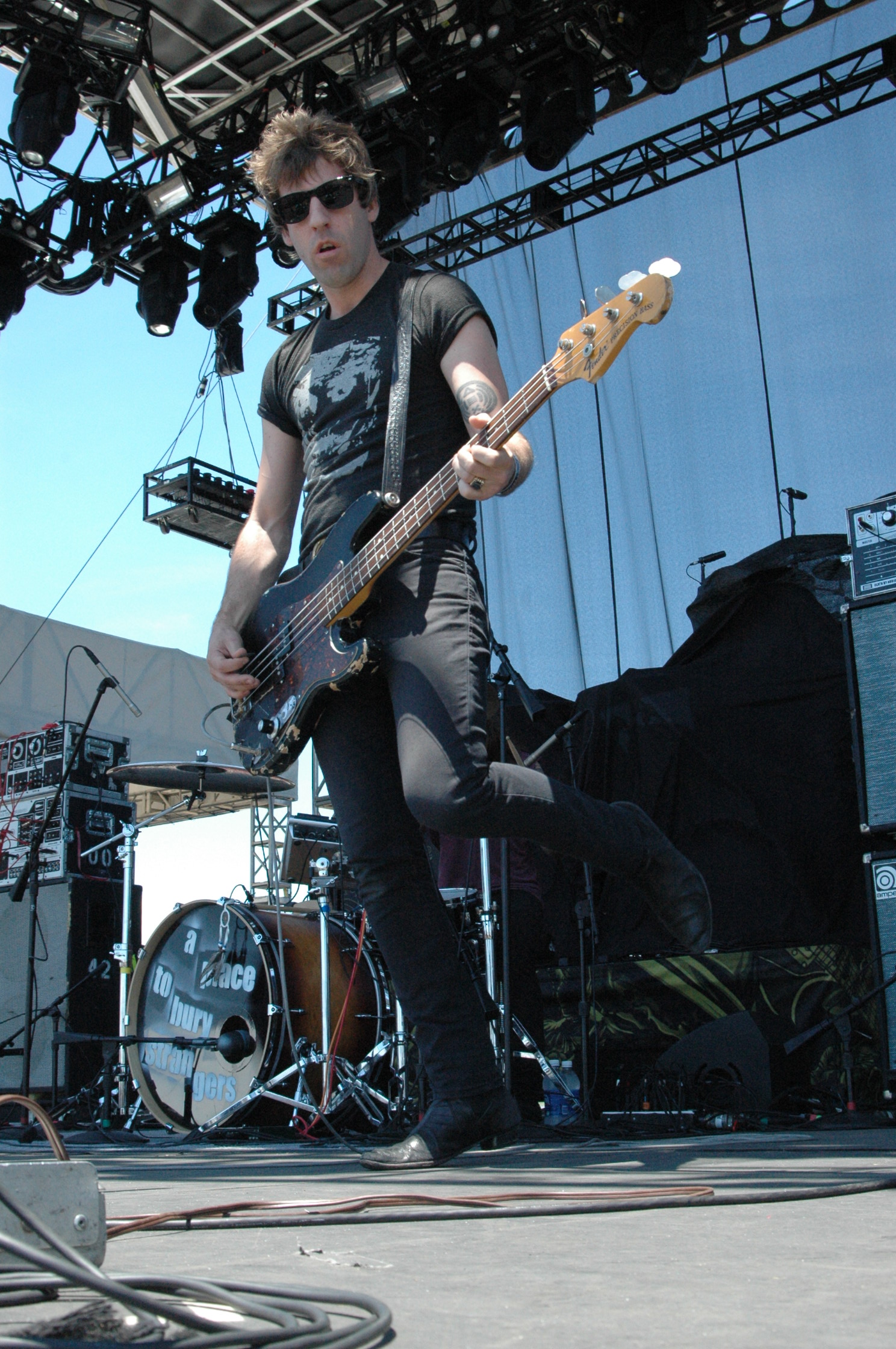
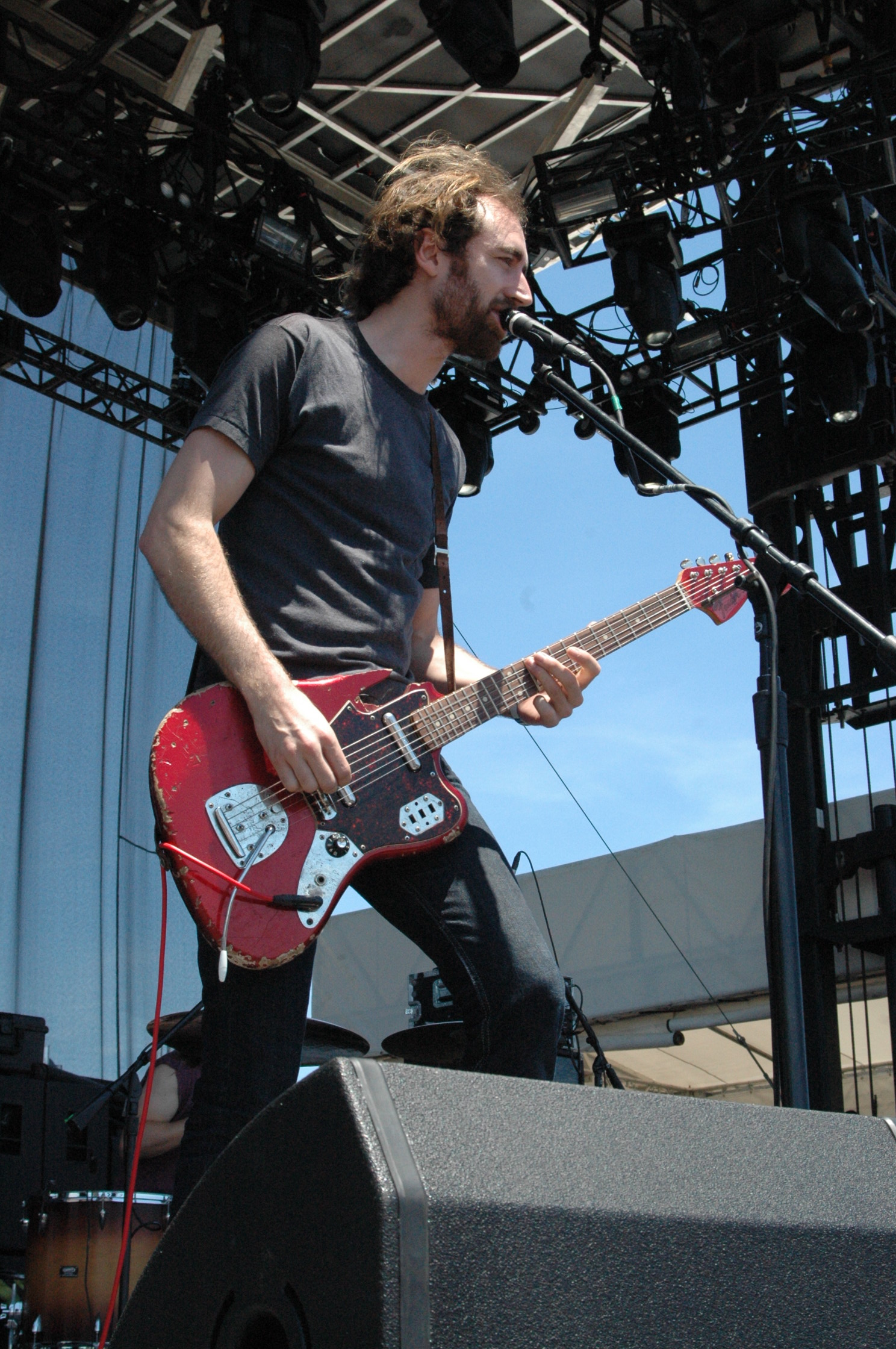
Josh Hart is a former web producer and staff writer for Guitar World and Guitar Aficionado magazines (2010–2012). He has since pursued writing fiction under various pseudonyms while exploring the technical underpinnings of journalism, now serving as a senior software engineer for The Seattle Times.

![B.B. King [left] cups his hands to his ear as he asks the crowd for more. Joe Bonamassa, with a Les Paul, gives his crowd a thumbs up](https://cdn.mos.cms.futurecdn.net/P3XrQLh86C27JfPp4AGp6n.jpg)